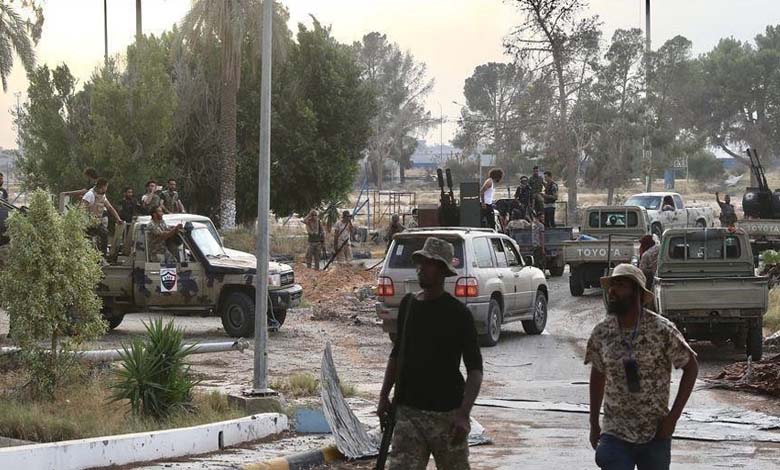Dangerous Escalation by Al-Shabaab in Mogadishu: Motives and Strategic Implications

The Al-Shabaab terrorist group has launched a series of attacks in Mogadishu, most notably a mortar assault on the Halane compound, located near Aden Adde International Airport, which houses the headquarters of the African Union Transition Mission in Somalia (ATMIS). This incident marks a serious escalation in the heart of the capital and raises renewed concerns about Somalia’s ability to contain the threat posed by this extremist group.
-
Will Somali authorities succeed in drying up Al-Shabaab’s sources of funding?
-
What Are the Risks of Increasing Cooperation between the Houthis and Somalia’s al-Shabaab? Observers Respond
According to analysts, Al-Shabaab is attempting to exploit the ongoing “security transition” phase and the lack of political consensus to impose a new reality on the ground.
Observers quoted that the surge in attacks is not detached from Somalia’s internal political turmoil. Rather, it is fueled by rivalries among the political elite, particularly on matters of governance and elections, in the absence of a cohesive national strategy to combat terrorism.
The latest attack comes amid a tense political standoff between the federal government and regional states, with political reforms stalled and growing disputes over power-sharing and election organization.
-
Why is the Somali group “Al-Shabaab” one of the most important arms of transnational terrorist networks?
-
New strategy by Al-Shabaab terrorist group in Somalia
Within this volatile landscape, analysts argue that Al-Shabaab is leveraging the political vacuum created by the security transition to reshape power dynamics on the ground.
Moreover, the group is taking advantage of diminished international focus on Somalia, as major powers remain preoccupied with other regional and global crises. This lack of global attention gives Al-Shabaab greater freedom to maneuver and carry out high-impact operations.
Political analyst Adam Jibril noted that the mortar attack on the Halane compound is more than a mere security warning—it underscores that Mogadishu, as the seat of government, remains a central battlefield in Al-Shabaab’s effort to redraw Somalia’s influence map.
-
Sanctions Target Money Laundering Network for Al-Shabaab – Details
-
Losses and Crises: Somali Al-Shabaab Movement Suffers Defeats Due to Its Terrorist Crimes
He emphasized that internal political fragility renders security responses inadequate without a parallel political and administrative vision to regain the initiative and prevent Al-Shabaab from weaponizing divisions within the state.
Experts agree that the response to this latest escalation must go beyond military action, and should include the construction of a political consensus between the federal government and regional states. This would strengthen security coordination and shield anti-terror efforts from political infighting.
-
Continued Terrorism Confrontation by Somalia Against Al-Shabaab
-
Somali President reveals the date for eliminating the terrorist group “Al-Shabaab”
According to regional observers, this latest escalation is a wake-up call, revealing that Al-Shabaab retains flexible offensive capabilities and is adept at capitalizing on political instability to gain both tactical and symbolic advantages.
At least ten people, including military recruits, were killed and dozens injured in a bombing in Mogadishu, which was claimed by Al-Shabaab. In retaliation, Somali government forces have reportedly killed 120 Al-Shabaab militants in recent operations in Aden Yabal.












